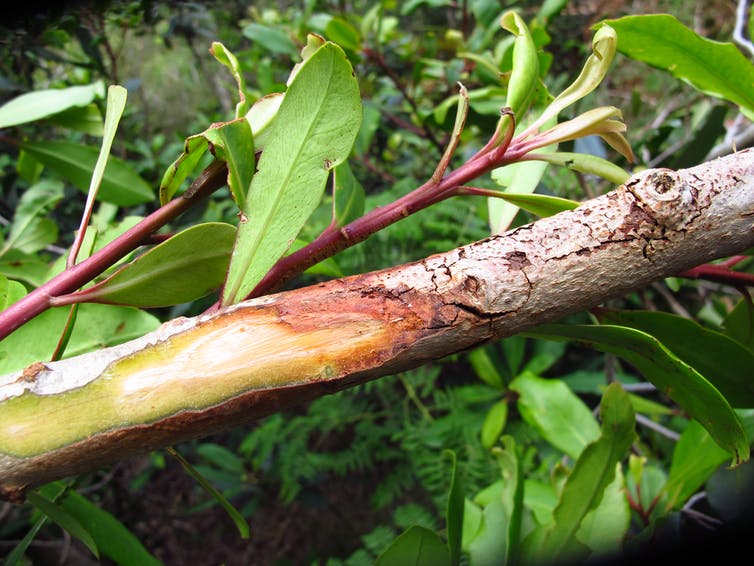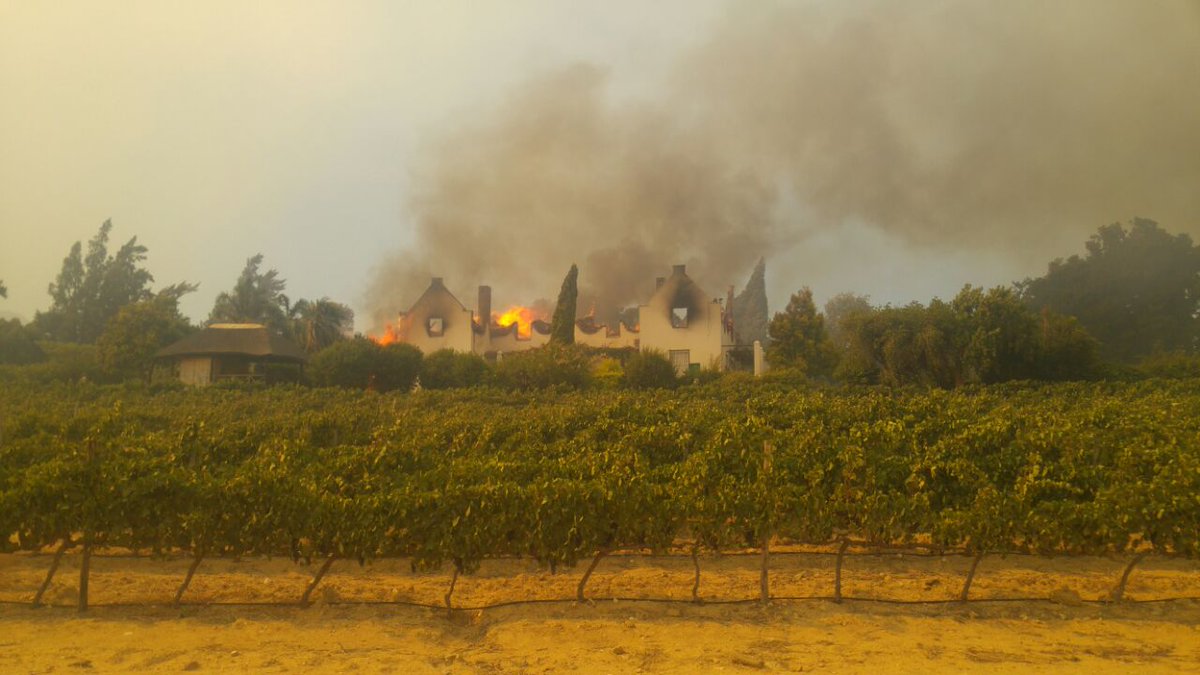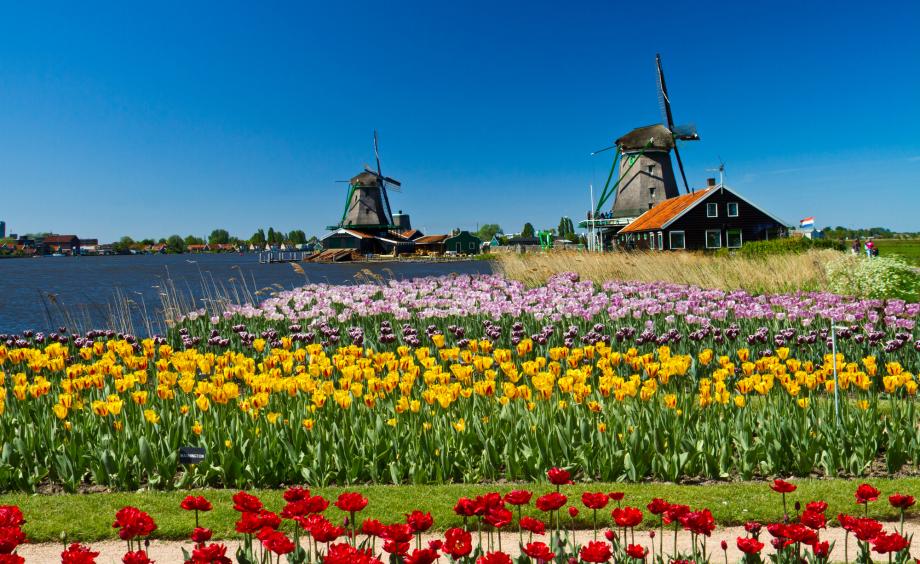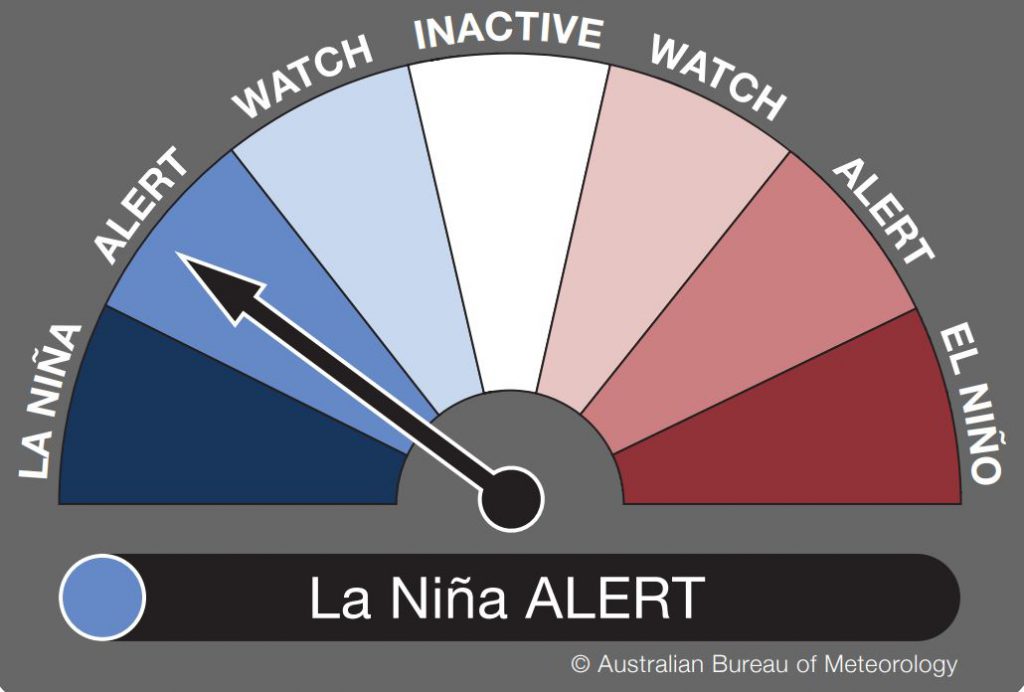To prevent severe climate change we need to rapidly reduce global greenhouse gas emissions. The world emits around 50 billion tonnes of greenhouse gases each year [measured in carbon dioxide equivalents (CO2eq)].
Across the world, trees are growing faster, dying younger – and will soon store less carbon
- Hits: 912
As the world warms and the atmosphere becomes increasingly fertilised with carbon dioxide, trees are growing ever faster. But they’re also dying younger – and overall, the world’s forests may be losing their ability to store carbon. That’s the key finding of our new study, published in the journal Nature Communications.
Like millions of people in the western United States this week, I woke up to deep red, sunless skies, layers of ash coating the streets, gardens, and cars, and the smell of burning forests, lives, homes, and dreams. Not to be too hyperbolic, but on top of the political chaos, the economic collapse, and the worst pandemic in modern times, it seemed more than a little apocalyptic.
It's impossible to deny — humans are destroying the natural environment at an unprecedented and alarming rate.
In five years’ time, if the planetary temperature overshoots a rise of 1.5°C, southern Africa, heating by twice the global average, will be a dangerously hotter region and this will threaten everything. South Africa’s climate science is not an allegory, but an echo of the final warning to all of us about a worsening climate-driven future.
Johan van den Berg -Independent Agricultural Meteorologist -(M.Sc Agric, Agricultural meteorology, UFS)
Newsletter Subscribe
AGRI NEWS NET "LIVE" FEED
- Dit is AGRI NEWS NET-Goeie nuus in Landbou- van vroeg oggend tot laataand - in jou hand en maklik om te blaai. Ons span werk 7 dae per week 365 dae per jaar- Met 25 jaar van praktiese boerdery ondervinding weet ons wie Landbou en sy mense is. Geen medium in Landbou bring jou soveel nuus by een adres.
- Natrocine Health Assist works on both the immune system (that acts against infections) and the body’s natural healing mechanisms. Natrocine Health Assist is a combination of Potassium Humate and Methyl Sulphonyl Methane – all natural and organic molecules. The Product is suitable for vegetarians and is specifically designed to:
- This was AGRI NEWS NET for today - Tomorrow at 6 am SA time you can start browsing the world of Farming and Agriculture in your hand. "Good" News you can Trust- Updated 7 days a week- bringing you the latest News in Farming and Agriculture from all over the world.
- Dit wil al hoe meer voorkom of sosiale media versadig geraak het- daar is heeltemaal te veel mense wat te veel gemors plaas. Daar is ook nie plek vir bemarking nie- dit is versadig en mense wil so gou as moontlik die bemarkings flits "skip"..dit word in jou keel afgedruk dit is duidelik dat mense met kwaliteit produkte nie hulle self gaan blootstel op sosiale media nie.
Popular News Tags
AGRI NEWS NET AUDIO CAST Feeding-
- Weeklikse Landbou oorsig met Prof Johan Willemse 28/11/2024
- Why does Africa continue to underperform?
- Urgent calls to action that’ll help us all save the world.
- AGRI NEWS RUSH - News Headlines of the Week 22/11/2024
- Weeklikse Landbou oorsig met Prof Johan Willemse 21 November 2024
- Droogte in Kenhardt in die Noord Kaap - Suid Afrika
- The Flip Side of Solar Farms
- AGRI NEWS RUSH - News Headlines of the Week 15/11/2024

















